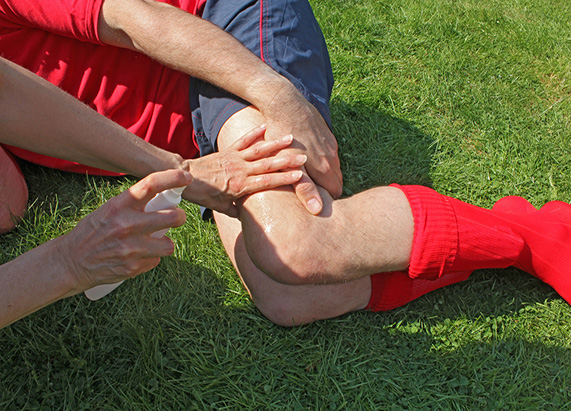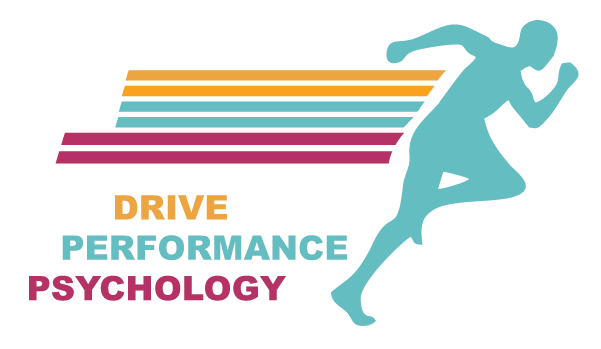
Reach your goals
My aim is to help others reach their goals, by recognising and working through any challenges that are limiting them from achieving their potential.
Code of Conduct
I work within the ethical guidelines of the CASES Code of Conduct and our work together will be kept confidential unless otherwise requested.

